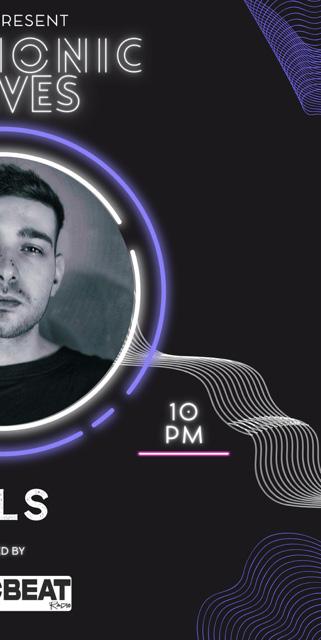EXCLUSIVE INTERVIEW

Describes his career in electronic and techno music as an “unforgettable journey”







EXCLUSIVE INTERVIEW

Describes his career in electronic and techno music as an “unforgettable journey”






By Gabueliella
In the ten years I have known the electronic scene in Santiago, Chile as a small-town girl who came to study journalism at eighteen I had not found a place I liked as much as the Aeróbica parties.
It was Pepo Fernández and Nico Castro, who teamed up in 2019, pre-pandemic, and managed to combine everything they loved: dancing and sweating. From this premise, they created a space in Chile that represents our Latin roots to the world. They recently returned from their “Eurobica Tour,” where they played music in clubs such as Amsterdam Open Air Festival, Coven at Berghain Berlin, Smiile in Ibiza... And those are just a few of the eleven places they visited.
Nico recalls that “it was a very eventful year for Chile.” At that time, he was playing at Club Noa Noa, a venue located in a basement across from Parque Forestal—better known as Ground Zero during the uprising—which disappeared during the pandemic. “We had played together a couple of times with Pepo, and we came up with the idea of proposing a monthly night where we played together, from start to finish.”
Pepo describes Aeróbica and its party as something they “really needed, a friendly space for people.” In fact, they even have rest areas, care spaces with promoters who provide assistance, and a free list for transgender individuals. “There is a general feeling of respect, where people feel part of the space, can use it freely, and do not feel out of

place.”
Let me tell you more about Aeróbica, in the voices of Nico and Pepo:
Art and Sweat
Nico - “The idea was to encompass those nights within a concept. So, the idea for this name was born, partly because of the effect generated by the music we like to play, which basically made you sweat and exercise. We arrived at this imagery that also had a lot to do with the aerobics videos on VHS from the 1980s.”
Pepo - “Everything responds to a much brighter proposal. It’s a counterproposal to many techno parties that can be super dark and have a very intense energy. We wanted to create an environment where we could invite our best friends but also our parents. We wanted it to be an inclusive party in every sense, and under that philosophy, we started developing safety protocols, gender-neutral bathrooms, and even the placement of the speakers. There is a proposal to include people within the equation.”
One of the characteristics I notice at Aeróbica parties, and the staging by these Chilean DJs, are the outfits of those who come to dance. The fashion and art factor steals the night, delivering a dance floor rich in colors and textures. Also, movements, courtesy of House of Keller, a national Vogue house that accompanies them at each party.
Nico: “We felt we had to offer another alternative, away from the dark and typical black clothes. We were the opposite: color and laughter, but very serious about how we put together the work of playing music. That started to make the snowball grow.”
Pepo - “Today the scene in Chile is positioning itself in the global market, which didn’t happen before. In fact, I would say that it used to shine from the underground— which was super precarious and had small parties—and suddenly, after the pandemic, everything exploded in a good way, at least in Latin America, and the audience quadrupled.”

According to the artists, there is currently a renewal of people, with a lot of energy and a strong desire to get involved with the nightlife. In fact, in Pepo’s words, there wasn’t an audience before that could support international artists, for example, and now it’s possible to bring in acts that are more experimental or very famous. Nowadays, they are organizing events for thousands of people, investing in the party in terms of capital to bring in different artists or collaborate with other countries, with a better sound proposal and a more elevated ambiance. All these things, in the end, make artists from abroad want to come to Chile.
Nico - Our international career started long before this trip. We began working on it very consciously from Latin America. From the beginning, we have been convinced that what is happening in Latin America is a kind of diamond in the rough, very developed, very cool, and with incredible artists. Obviously, what happens over
there is the center of the world in terms of electronic music, because they have the best clubs, the best festivals, and everything. But when we started to realize that local artists were performing at the same level as the international artists coming in, it was like, “We need to develop more of what is happening here.”
Pepo - It was obviously incredible and really impressive to reach so many parts of the world with the tour. It exceeded our expectations. For me, expectations are always high, ha ha. It was very interesting to see how Latin music is super trendy in Europe. Showcasing ourselves as Latinos over there was part of the image we wanted to leave at a time when Latin music is on everyone’s lips.
One of the reflections they make is that many people see Europe as an end goal and even move there before doing anything here in Latin America. They firmly believe that it is much more important to be prophets in their own land, to develop something from South America and then go out to Europe.

Pepo - I believe that what always prevails, in part, is humor and the energy that inevitably makes you dance. We are always looking for samples that come from unconventional places: exercise videos, interviews with famous people, like some diva, and voices in Spanish. We mix that with the intention of what we want to play on the dance floor.
Nico - Yes, and I think we have such a clear concept of Aeróbica, both for what we choose to play and for the music we make, that it becomes very representative of that and makes our work in the studio flow very naturally. We have a very clear idea of what Aeróbica is, so we want the music to convey that—where we come from, what our references are, not only musically but also culturally, like things we grew up with on TV.
Nico Castro and Pepo Fernández have managed to create a community around a concept that invites people to enjoy unforgettable nights, designed from start to finish. This July 6th, they return with Aeróbica Pride, to move the national night to the rhythm of genres like disco house and italo house, motivated by a single premise: “Let’s throw the party we want to attend.”

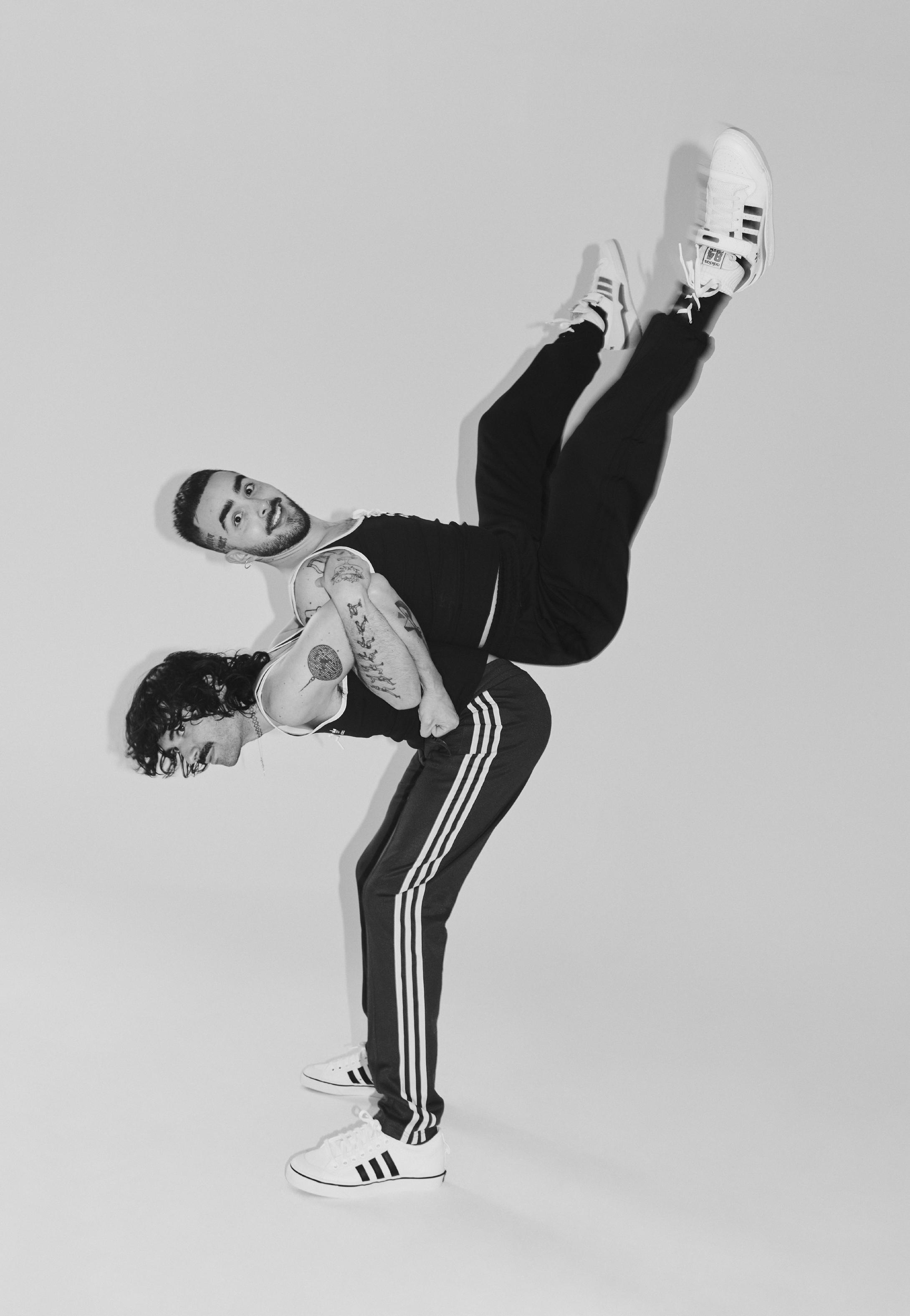



Alex Young describes his musical evolution since the 90s as a reflection of his way of seeing the world and feeling life, focusing on what makes him feel human and alive, beyond trends. As a pioneer of minimal in Latin America, he found a way to adapt this genre for diverse cultures, influenced by Colombia’s cultural and musical richness. His biggest challenge has been staying on the fringes of industry standards to preserve his relevance. He selects his collaborators based on their human and artistic quality, working with few people due to his high standards.
Passionate about vinyl, he celebrates the resurgence of this format for
the physical connection it allows with music. With his label Techno Inc., he seeks to be a platform for new producers and styles without restrictive classifications. He balances production and live performances, considering both essential to his life.
He finds it gratifying that his music serves as medicine, motivation, and inspiration. His Colombian identity deeply influences his music and performances, seeing himself as a citizen of the world. He advises young artists to study the evolution of electronic music to understand its past and future.

ALVAREZ
How would you describe your musical evolution from the 90s until now?
- I feel that musical evolution has more to do with the passing of the years and your way of seeing the world, feeling, and thinking. I don’t focus on external trends... I focus on what makes me feel human and alive.
As a pioneer of minimal in Latin America, what has been your experience introducing this genre in different cities and cultures?
- It was about discovering how to present a dish of already prepared food with a unique touch to make it appealing to everyone. Colombia’s cultural and musical richness significantly influenced my process of structuring my music production style... Therefore, I easily understand the Latin taste, as well as that of many people around the world.
What do you consider the biggest challenge in your career as an electronic music producer to date?
- Staying on the sidelines of industry standards... I don’t like being told what needs to be done to remain relevant in the scene.
You have collaborated with many renowned artists. How do you choose whom to work with, and what do you look for in a collaboration?
- First, it’s about human interaction, knowing what kind of person they are... understanding where they come from, where they generate their art from, and their purpose with it. I work with very few people; I am very demanding as a person.
We know you are passionate about vinyl. What do you think about the resurgence of this format in the current scene?
- I can only say that it is beautiful to be able to touch music with your hands.
Your label Techno Inc. is known for its diversity of styles within techno. What is your long-term vision for the label?

- The vision has always been to be a window for new producers and styles... Techno is a universe that should not be classified or sectarian.
How do you balance your career as a producer and your live performances as a DJ? Is there a facet you prefer over the other?
- They are two very different things... producing is more introspective and hermetic, while being a DJ involves being in control of many universal aspects that you manage better over time. Both are essential parts of my life.
**What is the most rewarding part of creating electronic music for you?**
- Being medicine, being motivated, being inspiration, being a guide... being children again.
With such an international career, how does your Colombian cultural identity affect your music and performances?
- I am a citizen of the world, a lover of the honest and unique human. Dance is the best response to my musical message... I am Colombia, I am Mexico, and I am from the world.
What advice would you give to young artists starting in the electronic scene today?
- Analyze the entire evolution of electronic music over time; you need to understand where everything came from to have a clear idea of where we are going.


Fatima Hajji, Andrea Oliva, and Vintage Culture join Time Warp Madrid
Karretero B2B Kesia, Luxi Villar, Zarco, and Roll Dann B2B Anabel Arroyo are also joining Time Warp as opening sets for both days at the IFEMA MADRID fairgrounds.
The first edition of the festival in Madrid is focusing on the national scene for the opening sets.
Time Warp continues to complete the lineup for its first edition in Madrid, at the IFEMA MADRID fairgrounds.
The industrial sound of Fatima Hajji will be a highlight on Friday, October 4th, in the festival’s first installment. If there is one essential name in the national techno circuit, it is this artist, who, after twenty years of career, continues to reign in hard techno both within and beyond our borders. Hajji will be one of the headliners on the stage dedicated to the rawest techno at Time Warp Madrid.
Andrea Oliva has experienced constant growth in his career since his beginnings in 2004, the year he first visited Ibiza, linked to
platforms like Cadenza. The Ibiza circuit has been fundamental in the development of this artist, who in recent years has performed on the most relevant stages of the global scene and released tracks on labels such as Hot Creations, Desolat, and Moon Harbour, among others. His underground sound will add to the Time Warp Madrid lineup on Friday, October 4th.
The Brazilian Lukas Rafael Ruiz is Vintage Culture. A project with which he has experienced a meteoric rise since its inception in 2011. Ranked number 10 in the DJ Mag ranking, he will bring his house sound to Time Warp on October 5th at the IFEMA MADRID fairgrounds.


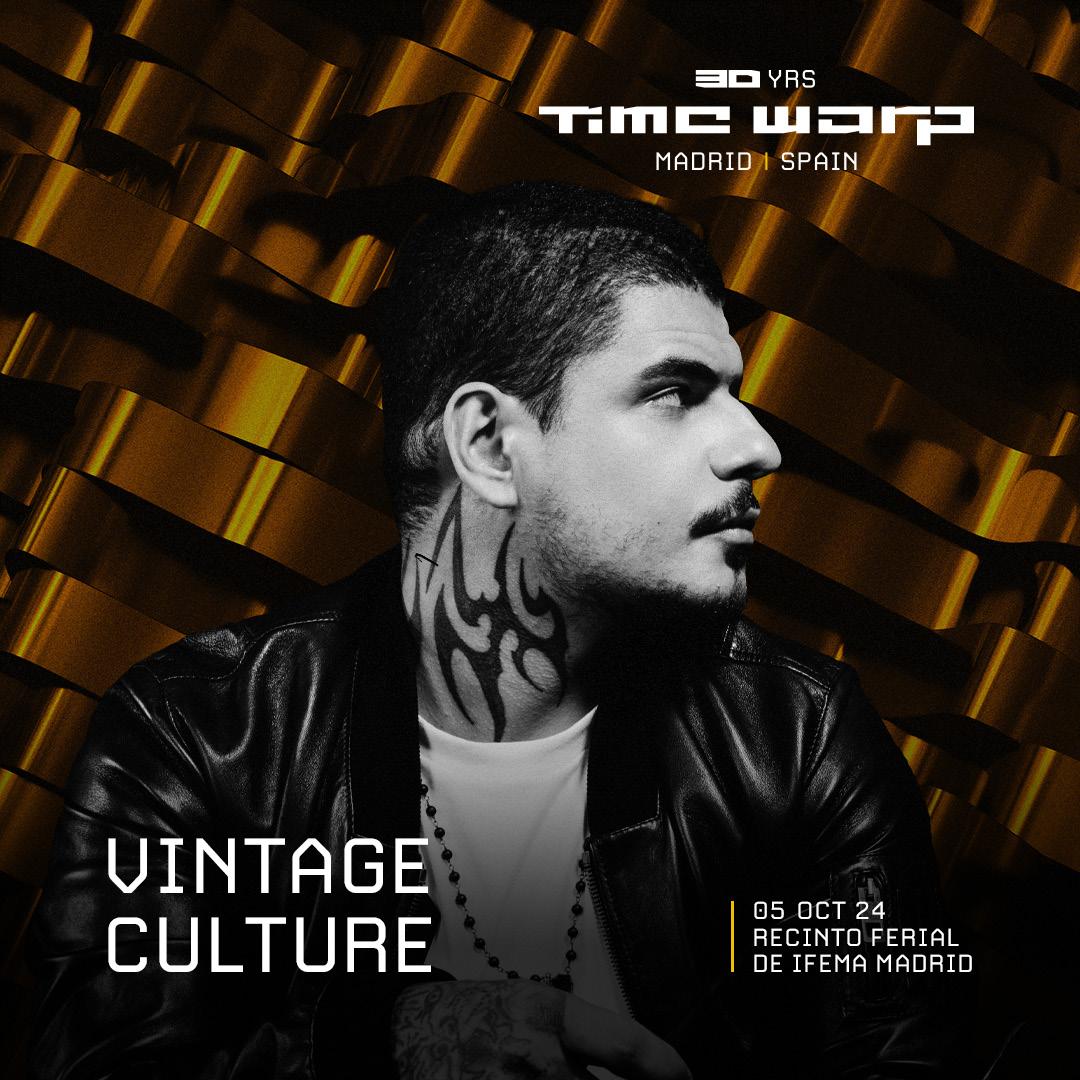


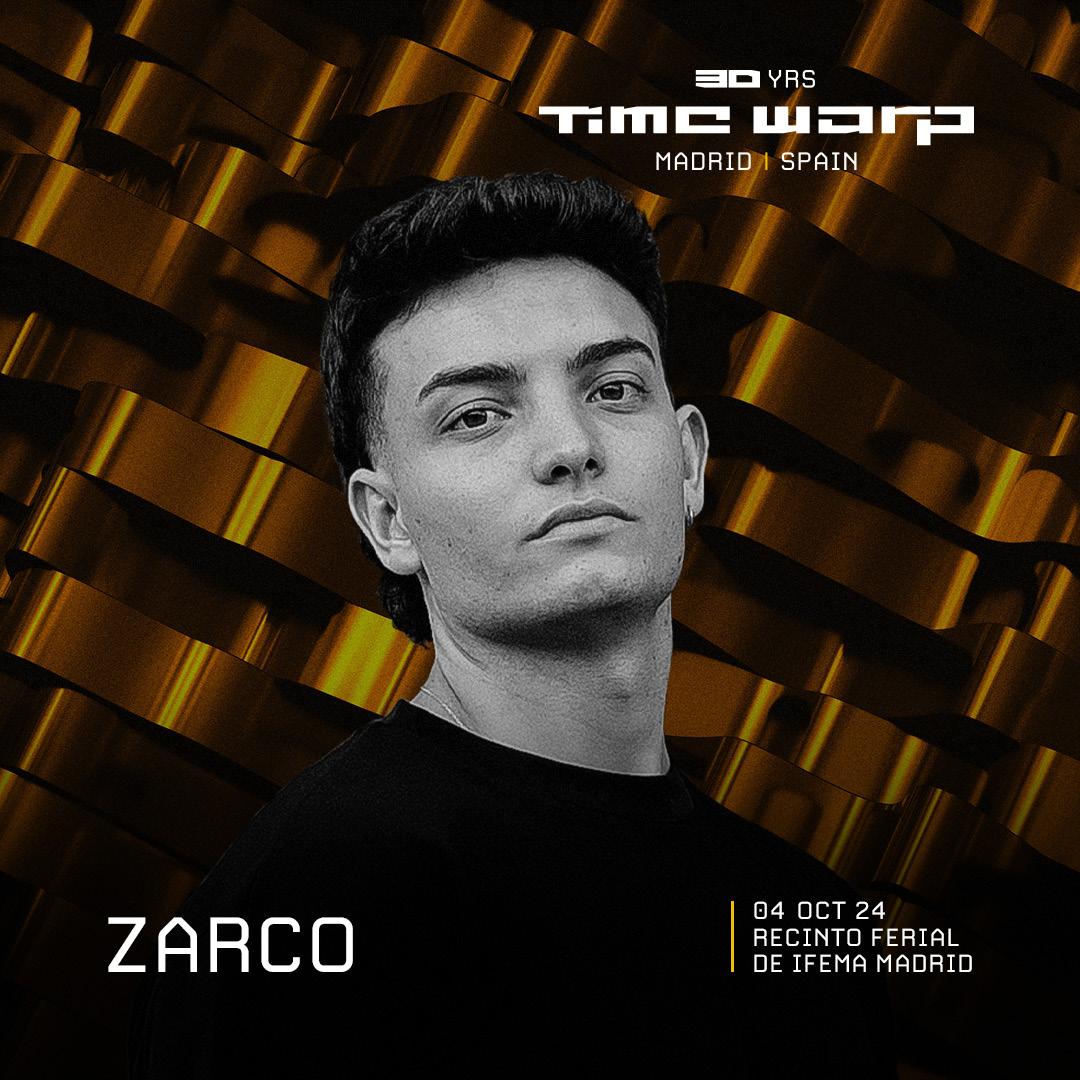

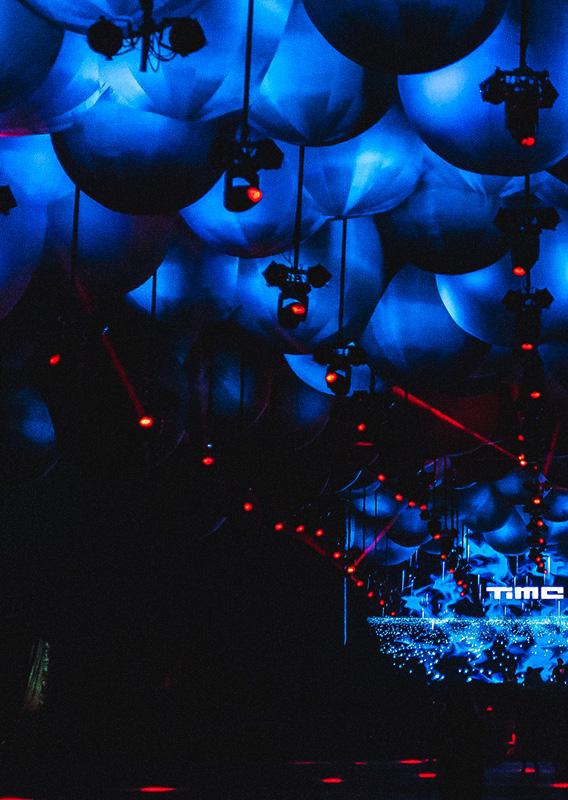
Time Warp Madrid is also focusing on the national circuit, with the addition of opening sets for each day of the festival on Friday, October 4th, and Saturday, October 5th, at the IFEMA MADRID fairgrounds. On the first day, Friday, October 4th, the two Time Warp stages will feature a B2B set by Karretero and Kesia, along with Zarco. On the second night of Time Warp, Saturday, October 5th, Luxi Villar and Roll Dann B2B Anabel Arroyo will open the festival at the IFEMA MADRID fairgrounds.
Time Warp Madrid has already confirmed names such as Richie Hawtin, Sven Väth, Artbat, Adriatique, Héctor Oaks, Klangkuenstler, Trym, Sara Landry, and Daria Kolosova. This latest update adds Vintage Culture, Andrea Oliva, Karretero B2B Kesia, Luxi Villar, Zarco, and Roll Dann B2B Anabel Arroyo to the lineup for its first edition in Madrid.

The Time Warp Madrid lineup still holds several surprises until its closure next July, with the full proposal for its first edition in Madrid. The techno sound will invade the IFEMA MADRID fairgrounds on two consecutive dates, Friday, October 4th, and Saturday, October 5th, 2024.
A first edition in Spain, in the year the brand celebrates its thirtieth anniversary as a techno emblem. Time Warp will bring its sonic and audiovisual universe to the IFEMA MADRID fairgrounds. A high-level production that will unveil its first edition in the capital in October 2024. A vertigo-inducing lineup, along with the latest sustainable and technological innovations, will be showcased in two independent pavilions at the IFEMA Madrid fairgrounds on Friday, October 4th, and Saturday, October 5th.
- On May 23, the U.S. Justice Department, joined by 30 state and district attorneys general, filed a civil antitrust lawsuit against Live Nation Entertainment Inc. and its subsidiary Ticketmaster LLC. The lawsuit, filed in the U.S. District Court for the Southern District of New York, accuses Live NationTicketmaster of monopolizing the live concert industry in violation of Section 2 of the Sherman Act. The complaint outlines several alleged anticompetitive practices, including leveraging relationships with potential competitors, retaliating against venues that work with rivals, using exclusionary contracts, restricting artists’ access to venues, and acquiring smaller competitors.
These tactics, according to the DOJ, have resulted in higher ticket prices, less innovation, and significant harm to fans, artists, smaller promoters, and venues.
The lawsuit aims to dismantle Live Nation-Ticketmaster’s monopoly, which the DOJ argues is detrimental to the live music industry. Live Nation Entertainment, based in Beverly Hills, California, is the world’s largest live entertainment company, controlling over 265 concert venues in North America and generating more than $22 billion in annual global revenue. This case marks a significant effort by the Justice Department to restore competition in the live music sector for the benefit of consumers and artists.
Sync Beat Magazine’s Billy AldeaMartinez interviewed industry expert David Arditi to discuss the potential impacts of this lawsuit on the live music industry.

- Arditi points out that the DOJ’s described tactics are classic monopolistic strategies intended to eliminate competition and dominate markets. The immediate impact of the lawsuit could include increased scrutiny on Live Nation’s practices and a potential shift in how venues and artists interact with the company. Currently, Live Nation’s dominance forces many artists and venues to comply with their demands, reducing competition and limiting market options.
- Arditi suggests that the longterm effects of Live Nation’s monopoly have been evident since the DOJ approved the Live Nation-Ticketmaster merger in 2010. Without significant changes, the monopolistic nature of the industry will likely persist. However, the lawsuit may result in some changes, but the deeply entrenched monopoly is unlikely to be fully dismantled.
- Arditi believes that while scrutiny might pressure Live Nation to moderate some practices, these actions often serve as tactics to avoid breaking up the monopoly. The recent controversies, such as the Taylor Swift ticketing debacle, highlight the issues but also obscure the deeper problems. The fundamental issue is not just Ticketmaster fees but the broader market dynamics that restrict competition.
- The tactics alleged against Live Nation are common among monopolistic companies. Arditi notes similar behaviors in other parts of the music industry, such as major record labels using contracts to prevent artists from signing with competitors. These practices are pervasive and highlight the anticompetitive behavior across the industry.

- Arditi emphasizes the need for significant changes to achieve a more equitable and competitive live music industry. Key steps include promoting publiclyowned or non-profit venues and encouraging venues to handle their own ticketing. Increased regulatory oversight is also necessary to prevent anticompetitive practices.
- Other major players in the music industry, such as Spotify and YouTube, are likely observing this case closely. While the outcomes may influence their strategies, the industry’s history suggests that large corporations will continue to engage in anticompetitive practices due to the significant rewards involved. Arditi points out that larger corporations often invest heavily in lobbying to avoid accountability and maintain their market positions.
The DOJ’s lawsuit against Live Nation brings to light significant anticompetitive practices that have plagued the live music industry. While the short-term impacts may include increased scrutiny and potential shifts in practices, achieving long-term changes requires substantial industry-wide reforms. The case represents a critical effort to restore competition and create a more equitable environment for artists, fans, and smaller industry players.
- David Arditi is a professor of sociology at the University of Texas at Arlington where he serves as the director of the Center for Theory.
He was a gigging drummer for a decade before he began researching the music industry. His research is at the intersection of music, culture, and technology.
Conclusion
His newest book is Digital Feudalism: Creators, Credit, Consumption, and Capitalism. David’s other books include Streaming Culture: Subscription Platforms and the Unending Consumption, Getting Signed: Record Contracts, Musicians and Power in Society, and iTakeOver: The Recording Industry in the Streaming Era. He also serves as Editor of Fast Capitalism.

Cristian Varela describes his journey in electronic and techno music as an “unforgettable journey” filled with life lessons and learning experiences, emphasizing humility, respect, and passion as the keys to success. He founded his record label, Black Codes Experiments, to explore more experimental sounds, which has since become a leading force in the avant-garde of electronic music. His 6-Six Vinyl shows offer a unique experience, combining six vinyl tracks in intensely improvised sessions. His radio show on Bloop London Radio has significantly increased his global audience.
The various cultures he has encountered have profoundly influenced his style, and he values the ability to leave a memorable mark in each place he visits. Throughout his career, he has faced numerous challenges, overcoming them with passion and professionalism. He observes that electronic music is returning to the sounds and BPMs of the 90s, with a renewed interest in vinyl. He balances his time between production and live performances through strict organization. He advises new artists to believe in themselves and never give up. Currently, he is working on exciting collaborations with several prominent artists.

Thank you, Cristian, for being so humble and such a great professional, and for taking the time to answer these questions. It is an honor for me to have you in my project for the third time. Thank you so much.
CV - It is a pleasure as well.
How would you describe your journey in electronic and techno music so far, from your beginnings to becoming a fundamental figure in the Spanish and international scene?
CV - It would take many pages to describe something so intense and fascinating, but I think the perfect summary would be to call it this: “an unforgettable journey, but totally impossible to describe with words.”
A great life lesson and internal and professional learning where you discover that humility, respect, and passion for what we do are the absolute key to everything.
Your record label, Black Codes Experiments, has gained a great reputation in the world of electronic music. What inspired you to found
it, and what is your vision for the label in the future?
CV - After releasing several works on labels like Sony Music, Plus8/ Additive, or Primate Recordings, I found myself with the vital need to release more experimental stuff, and that’s why I founded Black Codes Experiments. Nothing more, nothing less. Initially, the goal was pure carefree expression within electronic music on a platform created especially for vinyl pressing with a certain touch of collecting. And what happened? Well, later it became an avant-garde label, all this in the early 2000s.
You are known for your 6-Six Vinyl shows, which are a unique experience in the world of electronic music. What led you to adopt this approach, and how do you think it has influenced your connection with the audience?
CV - The idea was to create a kind of totally innovative live show where machines could be replaced by vinyl turntables. Then work on building a kind of 2-hour long Mega Track live, using 6 tracks as different
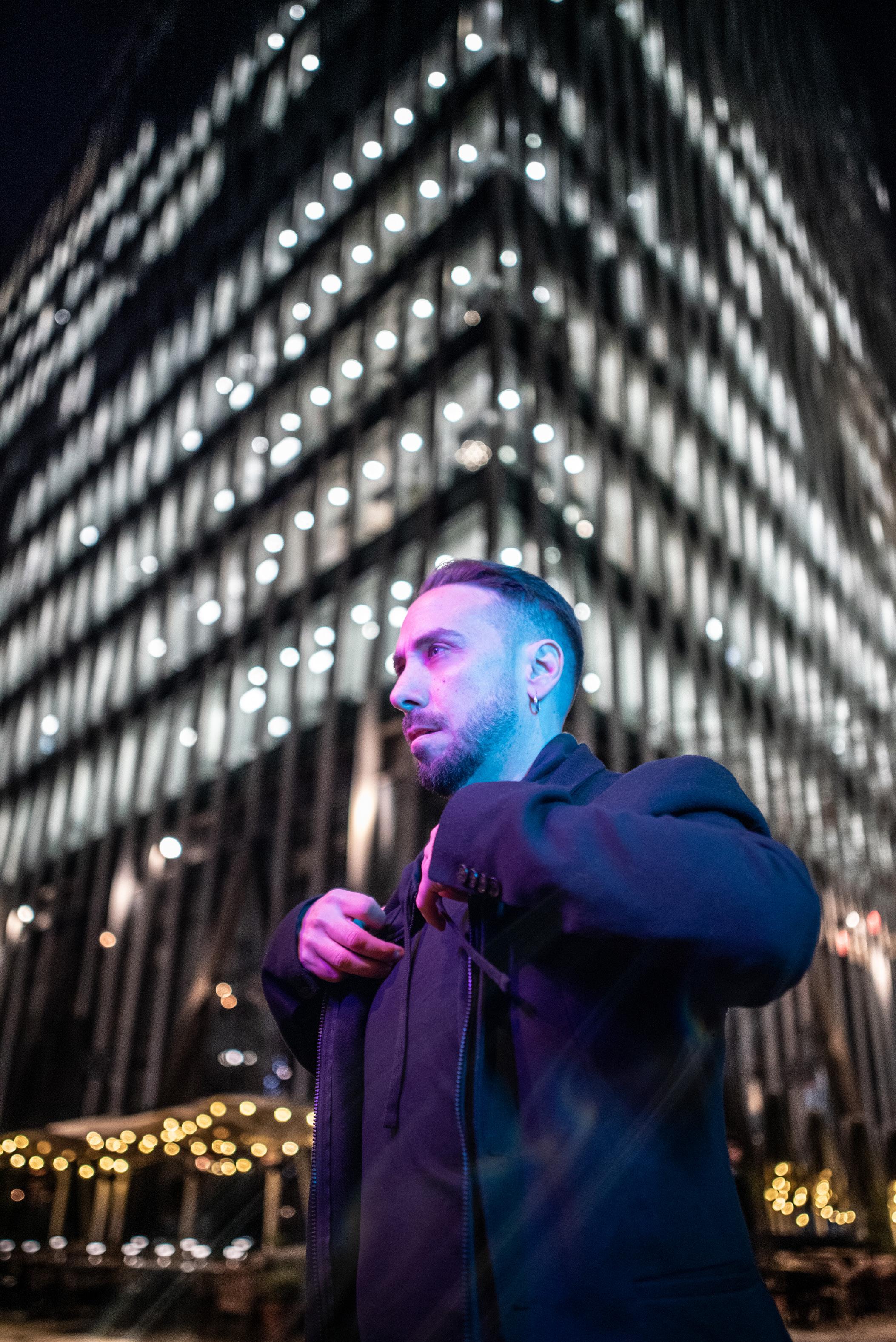
elements and each of them fused in a totally improvised way until creating something extraordinary. At first, it was impossible for me to sync 6 turntables for more than 15 minutes. Practice and technique, as well as a very elaborate mixing system, allowed me to reach 60 minutes of session. Currently, my sessions now reach 90 minutes, but the concentration is so extreme that I always end up quite exhausted. The end result is undoubtedly well worth it.
In addition to your work as a producer and DJ, you also have a weekly radio show on Bloop London Radio. How has this platform helped you connect with your audience and spread your music worldwide?
CV - It all started by promoting my label Black Codes Experiments events in legendary London clubs like Egg, E1, Corsica Studios, and The Steelyard.
The owners of Bloop proposed I have a weekly show, and it was a success. Finally, due to scheduling, tours, and commitments, we have condensed
it into a monthly program, and the audience we have gained in 5 years is wonderful.
You have traveled the world because of your musical career. How do you think different cultures and musical scenes have influenced your style and approach to electronic music?
CV - I believe it is us who have to influence the scene of each place and, above all, leave unforgettable memories for all our followers in all cultures around the world. The influence of each country, in my case, has marked me a lot on a personal and emotional level, and the experiences accumulated over these 33 years have made me value my work in a much more special way.
However, it is the essence of each one that has to be impregnated with their music in the places we pass through.

What challenges have you faced as an artist throughout your career, and how have you overcome them?
CV - It would probably be faster to list the ones I haven’t faced. Even so, I believe that with passion, perseverance, commitment, seriousness, and above all, professionalism, practically any challenge can be overcome.
Electronic music has evolved considerably since your beginnings. How do you perceive the current state of the electronic scene, and where do you think it is heading in the future?
CV - As I predicted a few years ago, we are returning to the sounds of the 90s and consequently also to the BPMs of those times, so I am personally delighted, especially because vinyl is becoming more popular. This means that we are starting a new musical cycle that repeats approximately every 7 years, in which, undoubtedly, the youngest will move from HardTechno to Techno, and surely some will then move on to calmer styles. From
experience, history always repeats itself with the bonus that there are more fusions and musical richness. The bad news is that there is less and less originality.
You are recognized as both a producer and a DJ. How do you balance your time between creating music in the studio and performing live in front of an audience?
CV - If I tell you the truth, with my hand on my heart, I still don’t understand it ... hahahahaha! I suppose it is by betting and pulling a lot of organization; digging and pulling hours from where there are none.
What advice would you give to new generations of artists trying to make a name for themselves in the current electronic scene?
CV - The first thing is to believe in themselves, not to be led by trends, and most importantly, I repeat, very importantly… Never give up!

Finally, is there any project or collaboration you are currently working on that you would like to talk about or that you are especially excited to share with your fans?
CV - There are several big projects underway, but without a doubt, all the collaborations I am sharing with great professionals and friends like Dj Pepo, Marco Bailey, Miss Sheila, Pet Duo, Ramiro Lopez, etc. And stay tuned because soon, we will announce something very, very powerful!
Thank you all!!

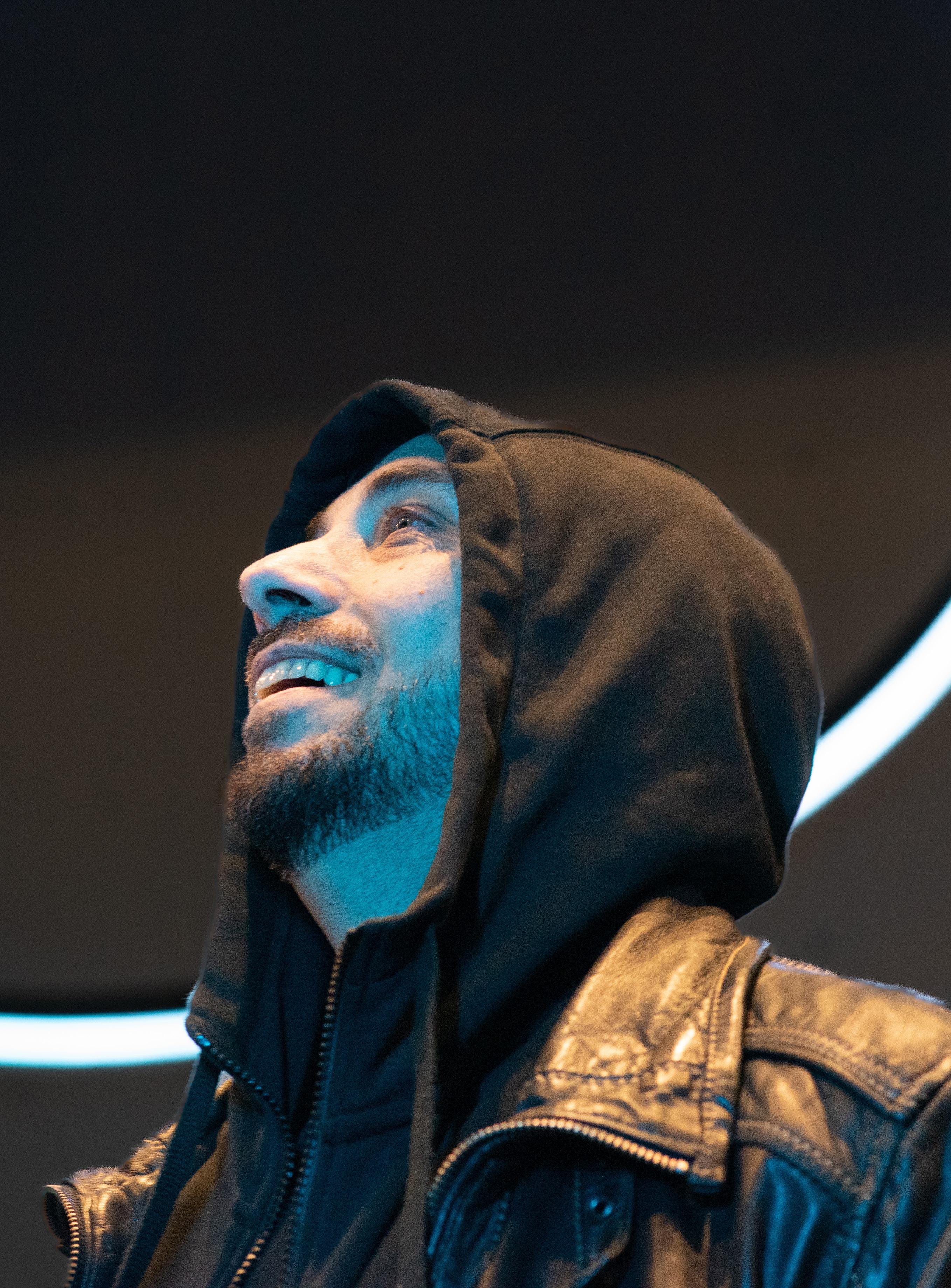

After joining the MSol Deep family with “I Feel” and debuting beside Agassi with “Ararat” on their “sister label”, Tibetania Records, these two artists continue their adventure together on the label with “Voices”, a track that It is situated between the Melodic / Organic that follows the path of his “I Feel” and that denotes a fantastic musical evolution and
maturity that includes a great musical intensity full of melodies and vocal samples that make it quite suitable for the dance floor.
We are sure that this will not be the last collaboration between both artists because we are sure that they have new and smashing surprises prepared for us in the near future.

Inache, Marklen, King a.k.a
Sampleking - Twilight Over The Sea (Northcode Records)
This duo composed by the iconic artist, Inache and King a.k.a Sampleking, returns with this new release, joined on this occasion by the artist Marklen, resident Dj along with Inache, in one of the best clubs in Sochi, Coco’s Bar, and who also has quite some few releases under his belt.
“Twilight Over The Sea” is a Melo/ Organic composition that, when listening to, it transports us to a quiet beach full of fine white sand
while we watch the sunset in a calm way in which our body and mind escape from the day-to-day life that surrounds us.
This track will be released on the Spanish label “Northcode Records” directed by the Spanish artist Jakepool based in Vitoria (Basque Country), in the north of Spain. A label that is adding some interesting songs and experimenting with new artists with which to enrich and grow its music catalog.

Max Ches, King a.k.a SamplekingLet It Drop (Black Turtle Deep)
Another release from the tandem composed by the Russian artist, Max Ches and the Spanish, King a.k.a Sampleking, that will be released during this month, July 2024.
Of course, this is the first appearance of these international artists within the Spanish label “Black Turtle Deep”, a very interesting label that collects compositions and releases by artists from different genres such as techno among many others.
This track overflows with energy thanks to its powerful rhythms that straddles between the Indie Dance and Progressive.
It is, without a doubt, a release to keep attention during this month, although we inform you that the creative adventure of King a.k.a Sampleking does not ends here because he is preparing another huge creative bomb to be released on another major global electronic music digital label. We recommend that you to be standing by!

Following on from the release of ‘Unsure’ with Kylie Cantrall, Alan Walker returns to the forefront with his new release ‘Barcelona’ a summer ready dance-pop anthem featuring iconic vocalist Ina Wroldsen.
Back with their 3rd collaboration together, the superstar duo of Alan Walker and Ina Wroldsen combine in truly epic fashion on this brand-new melodic and cheerful dance-pop hit ‘Barcelona’. The track, originally
birthed from Ina’s demo, became a reality when Ina presented the rough demo that she had written to Alan Walker who got to producing as soon as he heard it, falling in love with the potential of the recordinitiating the organic process of how this idea was conceived and progressed. ‘Barcelona’ will also be paired with an exclusive new music video, following on from the ‘Unsure’ video captured inside the immersive Walkerworld.
The video for ‘Barcelona’ will be the initial instalment of an epic trilogy of videos all captured within the immersive and dynamic Walkerworld in Fortnite.
The pair originally combined forces in 2017, when Walker provided a bouncy and upbeat remix to Wroldsen’s hit track ‘Strongest’ –which went on to be a successful partnership for both parties. The dance-pop duo would meet again in 2022, when they collaborated on ‘Blue’, another beautifully crafted dance-pop record which landed on Walker’s ‘Walkerverse Pt. I & II’ album.
The evidence shows that when these two powerhouses of the dance music scene team up, they produce incredible music and that’s no different on this release ‘Barcelona’! Wroldsen initially found success as a writer on The Saturdays’ debut album ‘Chasing Lights’ in 2008 and since then has continued to bolster the star-studded list of names she has worked with. Some of the highlights of her career include writing for the likes of Shakira, Jess
Glynne, Demi Lovato, and even Calvin Harris on the uber-successful record ‘How Deep Is Your Love’.
‘Barcelona’ aims to capture the unique vibe of a summer’s night, incorporating specific synths and melodies to create a bubbly and light-hearted soundscape for Wroldsen to provide her angelic vocal part. Wroldsen does what she does best, effortlessly floating over the canvas Walker has provided, creating delicate art with every note she touches, switching up and down octaves to provide melodies that seamlessly blend with Walker’s signature future groove.
“I’ve had the pleasure of working with Ina on a couple of occasions before, so it was only fitting that we released an official single together.
“Barcelona” is not just a song that kicks off the summer; it’s also the beginning of a new trilogy and this summer’s big project, ´Walkerworld Creator Games+.

Since I started posting songs on YouTube in 2012, I’ve been inspired by other creators who use my music in their own videos, so I can´t wait to see what people come up with.” –
Alan Walker
This release comes at an extremely busy time for Walker, following the release of his recent hit ‘Unsure’ alongside Disney star Kylie Cantrall. Walker is also about to embark on a tour through some South East Asia’s biggest cities, including Jakarta, Singapore, Kuala Lumpur and Macau, and the Anglo-Norwegian artist still shows no signs of slowing down. Aside from this, Alan continues to bolster and diversify his immersive and interactive Walkerworld concept, his own playable world inside the popular Fortnite game. Keep your eyes peeled for easter eggs from this release in Walkerworld!
Alan Walker & Ina Wroldsen’s new hit ‘Barcelona’ is out now exclusively on Kreatell Music.


From Chile, a Latin American country known as “the end of the world,” an electronic scene is expanding that has matured over time and, at the same time, is evolving with new generations eager to make people dance and create new and more music.
One of the representatives of the scene in Chile is Camilo, aka 66Hz, a 27-yearold whose tracks—such as 3034VER— have already been featured in DJ sets by artists like Charlotte de Witte at Tomorrowland. It was at the age of twelve when he realized the world of possibilities within music production and DJing at big parties.
In this interview, we will take a brief look at his early career:


- When creating my music, I try to find a formula that people will enjoy. First, I try to answer the question: What is needed for something to be called music? For that, three main factors are needed. The first would be a rhythm that hooks you. When I ask my students, “What does a song need to make you want to listen to it again?” The second would be a melody. That melody can be in a chorus, it can be in the voice because it is also a musical instrument. And the third would be harmony, which is what accompanies the main melody. For me, that is the formula. One has to define what one wants to communicate to people through music.
Nowadays, it is difficult to define a single genre. I try to capture an essence that motivates and ignites the dance floor. It should be an energy that makes people want to dance. That’s what I aim for when making music because, after that, it’s about defining it musically. For example, you can take a psytrance bass and pair it with a techno kick.
I try to throw everything into a blender and create an amazing mix.
Camilo also shares his knowledge, which he gained by studying sound engineering and by selfteaching the various tools he uses to create. He is a fervent believer in technology, which has enabled the advancement and accessibility of instruments that were once difficult to obtain due to their cost.
What has been the most memorable highlight for you so far?
- I had the opportunity to play at Santiago Parade 2023, organized by the Movement for Homosexual Integration and Liberation (Movilh), in a section of “La Alameda”—the main avenue that runs through the capital of Chile. Since it was a public place, there were around 15,000 people. Being there was an incredible experience, feeling that massive crowd and tremendous energy.
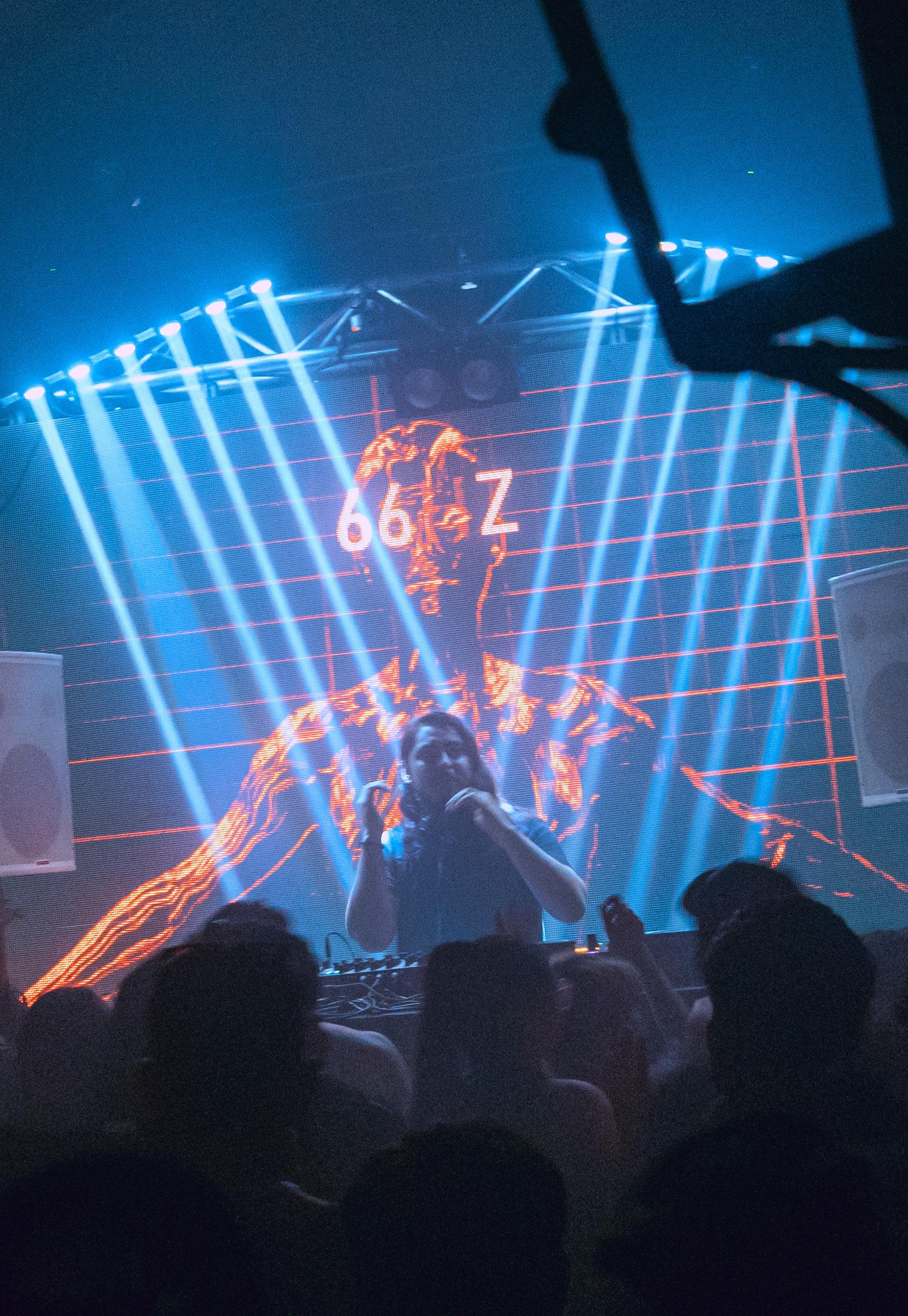
- I believe that today the national scene is in constant evolution. Considering that in Chile, major festivals started arriving in 2000, we now have a scene that has the power to gather thousands of people. I think this is progress, but it is a continuous development. On the other hand, technology has helped more people create music.
Among the artists who have played his music are Charlotte de Witte on the Mainstage of Tomorrowland, CLTX at Glitch Festival, Parfait at Possession, and Pawlosko at Mattermind, among others, demonstrating that his music has crossed international borders. He has shared the stage with DJs such as Nakadia, Kozlov, and Gabriel Padrevita.
- I am trying to do everything possible to release as much music as I can, but more importantly, I want to communicate through this music. Making people happy is my goal; I don’t seek anything beyond that. If this allows me to make a living from it and live in other countries, I would be even happier.
He shares his music through his social media and download platforms like Beatport and Bandcamp. His HardTechno—over 150 BPM—blends and is inspired by songs from the 90s, inviting listeners on a sonic journey through the past and present.



Confección y publicación de paginas web. HTML5 CSS3 BOOTSTRAP

What was the first hip-hop album you listened to and how did it influence your decision to mix elements of this genre into your electronic music?
- When I was very young, I listened to some underground rap albums, and the first ones I received as gifts were “The Marshall Mathers LP” by Eminem and “2001” by Dr. Dre. That’s where my passion for music began, and West Coast music became my favorite. You can still hear its influences in my music today. Hip-hop is fascinating because of the art of sampling and the way those samples are reused; it’s truly amazing.
Your productions have a deep and elegant sound. How do you define elegance in music and how do you incorporate it into your tracks?
- For me, music should bring energy to people, but sometimes electronic music can be heard in
different contexts. So, in many of my productions, I use pads, soft synthesizers, ambient elements, and micro elements to create a relaxed and elegant atmosphere.
If you had to describe your musical style to someone who has never heard electronic music, what words would you use and why?
- I always produce tracks with a lot of rhythm and low percussion to add groove and balance. In any track, there’s a bit of vocals to make the tracks more interesting, and I always add small melodies to complete the productions.
You have collaborated with artists from different countries. How do these international collaborations inspire you and how do they enrich your sound?
- Over the years, I’ve collaborated with many artists from around the world. I’ve remixed more than

50 tracks, and my music has been remixed by other talented DJs and producers. I think my music inspires other producers to remix it because I always include experimental elements and sounds from which they can draw inspiration.
You work hard in the studio every day. Can you describe a typical day in Andrei C’s studio?
- Every day, from Monday to Friday, I stay in my studio at night, sometimes for an hour, sometimes for more than eight hours. During the weekend, I focus on music selections, podcasts, and mixes. I don’t follow any rules in my productions, but many times I start an idea with a vocal, a melody, or just a catchy beat.
The underground scene has its own dynamics and culture. What attracts you most to this environment and how does it influence your music and performances?
- I really liked the underground movement for its freedom and simplicity. In the underground, it was always like a family doing things
not because they were cool, but because of the passion and love for music. With hard work, I also reached the mainstream scenes, where the crowds are bigger and where you have different types of clubbers with different musical tastes. For the vibe, I like the underground, but a big crowd screaming your name is also very, very cool.
Your recent EPs have received very good reviews. What has been the biggest challenge in creating these EPs and what did you learn from that experience?
- My latest tracks are the result of a lot of work, and yes, I received a lot of support from my colleagues and clubbers for my EPs and free edits.
I usually make some free edits for my fans and send them as a gift for their support. In the last two years, I started working differently and focused more on quality than quantity. I think I’ve produced more than 300 tracks.

If you could collaborate with any artist, alive or dead, who would it be and what kind of musical project would you like to create together?
- That’s a good question. I’ll tell you the truth, I had two different dreams. In the first one, I was in the studio with Eminem, and in the second, I was playing back-to-back with Richie Hawtin. So my answer is Eminem and Richie Hawtin.
You incorporate old-school hip-hop elements into your tech house. Can you share a specific example of a technique or element you took from hip-hop and how you adapted it to your style?
I studied hip-hop grooves and rhythms a lot. I sampled funky, disco, and classical music, like the great hip-hop producers. If you listen to my tracks, you will notice that.
Your music appears on major labels. What do you look for in a record label when deciding where to release your music and what do you think these labels bring to your career?
- I have released music on both small and large labels. When I send my demos, I pay close attention to how the label works, the style it has, and the way they promote new music. Nowadays, promotion is very important, and I think it’s 40% promotion and 60% track quality. A good track in 2024, if not well promoted, will never reach the right number of clubbers.





Justin Mylo - Dear Old Friend, July 12th
Justin Mylo is back with his latest single, “Dear Old Friend,” a track that perfectly encapsulates feelgood, energetic, and happy vibes. Known for his ability to connect people through the universal language of music, Mylo’s new release
is a tribute to the carefree days.
“Dear Old Friend” stands out with its nostalgic undertones, both lyrically and musically. “I really tried to bring an oldschool feel to the song,” says Mylo.
“The lyrics are a nod to those old days spent playing in the streets, enjoying old video games, and watching the TV shows we all remember from our childhood. I wanted to bring back those memories and bring that same sense of joy into the production.”

NUZB - Nebula, June 28th
NUZB has been making waves with a string of new singles, and this week he is releasing another standout track titled “Nebula.” Premiered during his opening set for label boss Martin Garrix on his South America tour, “Nebula”
is poised to be a future house anthem.
Known for his innovative sound and energetic beats, NUZB once again delivers with “Nebula,”. With a series of fresh releases already under his belt, NUZB is hinting at an announcement in the near future, so stay tuned.

Friends couldn’t help but rave about the new material, even calling NUZB a “psycho” for his insane energy and innovative sound. Taking it as a compliment, NUZB decided to embrace the term, naming his EP “PSYCHO” as a nod to both his friends’ remarks and one of his alltime favorite movies.
Talking about the EP, NUZB said the following: ‘’The EP features five tracks, marking a significant release for NUZB, who hasn’t dropped something of this magnitude in a while. Each track is distinct yet harmoniously connected, showcasing his evolution towards a bass house sound. The inspiration behind “PSYCHO” draws deeply from the bass music that first ignited NUZB’s passion for DJing and producing. Influences from legends like Skrillex and Abstract are evident, as NUZB revisits his roots while infusing a modern twist.’’
The EP features five tracks, marking a significant release for NUZB, who hasn’t dropped something of this magnitude in a while. Each track is distinct yet harmoniously connected, showcasing his evolution towards a bass house sound. The inspiration behind “PSYCHO” draws deeply from the bass music that first ignited NUZB’s passion for DJing and producing. Influences from legends like Skrillex and Abstract are evident, as NUZB revisits his roots while infusing a modern twist.

Andrew, how did your hometown, Mérida, influence your interest in electronic music and your evolution as an artist?
- My hometown, Mérida, had a significant influence on my interest in electronic music and my evolution as an artist. Mérida is known for its rich culture and musical diversity, which exposed me to a wide range of genres and styles from a young age. The vibrant and creative atmosphere of the city inspired me to explore electronic music and experiment with different sounds. Additionally, Mérida has a very active underground community, which allowed me to immerse myself in the local electronic scene and connect with other artists and enthusiasts of the genre. It was in this environment that I began to develop my passion for Electro-House and percussion, elements that later became pillars of my musical style. In summary, Mérida not only provided me with
the cultural and musical context needed to discover my passion, but also gave me the essential opportunities and connections to grow and evolve as an artist in the electronic scene.
What aspects of the Electro-House and percussion of 2015 attracted you to the electronic scene and how did you integrate these elements into your early sets?
- The aspects of Electro-House and percussion in 2015 that attracted me to the electronic scene were mainly its energy and ability to connect with the audience on a deep level. The Electro-House of that time was characterized by energetic rhythms, powerful drops, and catchy melodies, elements that resonated with me from the beginning. Additionally, the percussion added an extra layer of dynamism and complexity, creating an immersive auditory and physical experience.

In my early sets, I integrated these elements by combining ElectroHouse tracks with rhythmic and vibrant percussion. I made sure to select songs with a solid rhythmic base and added additional percussive elements to keep the energy high and the audience engaged. This fusion allowed me to create an electrifying atmosphere and maintain a constant connection with the listeners, something I consider fundamental in my performances.
I also experimented with live mixes, incorporating percussion loops and effects to give a unique touch to each set. This approach not only helped me develop a distinctive and well-defined style but also allowed me to stand out in the electronic scene and earn the respect of the audience and other artists.
In 2019, you started learning music production. What was the biggest challenge you faced in creating your own sounds and how did you overcome it?
- In 2019, when I started learning music production, the biggest challenge I faced was achieving a professional sound quality and finding a unique style that would set me apart in the electronic scene. Initially, the learning curve for production software and tools was quite steep. Understanding how to use synthesizers, effects, and mixing techniques to create unique and cohesive sounds was a complex task.
To overcome this challenge, I adopted several strategies:
- I immersed myself in tutorials, online courses, and books on music production. I learned about music theory, sound design, mixing, and mastering. This theoretical knowledge was fundamental in understanding how to build my productions from scratch.
- I spent countless hours experimenting with different sounds, effects, and techniques. I wasn’t afraid to make mistakes, as each mistake taught me something new and helped me refine my style.

Sought feedback from other producers and DJs, both locally and in online communities. Collaborating with other artists also allowed me to learn new techniques and approaches, enriching my own creative process.
Incorporated both analog and digital equipment into my production process. Analog synthesizers, in particular, allowed me to create warm and unique sounds that gave character to my productions.
I focused on blending analog sounds with influences from TechHouse, House, and Deep-House to develop a well-defined and unique style. This allowed me to stand out in the scene and connect with the audience on a deeper level.
Overcoming these challenges not only improved my technical skills but also allowed me to express my creativity more authentically and effectively. Music production became a natural extension of my passion for electronic music, and I continue to evolve and learn with each new project. Currently, I have some tracks signed by renowned
labels in Spain such as F*cking Sound Inside and Tomaquetoma Records.
Your music is characterized by the fusion of analog sounds. What are your favorite analog equipment or instruments and why?
- My music is characterized by the fusion of analog sounds, and I have several favorite pieces of equipment and instruments that I regularly use to achieve that distinctive sound: Korg MS-20, Roland TR-808, Moog Sub 37, Elektron Analog Rytm, Juno106.
You have shared the stage with great international DJs. What has been your most memorable experience sharing the stage with them and what did you learn from that experience?
- Sharing the stage with great international DJs has been an incredibly enriching and memorable experience. One of the standout experiences was when I had the opportunity to play alongside Jean Pierre at a festival in Punta Cana.
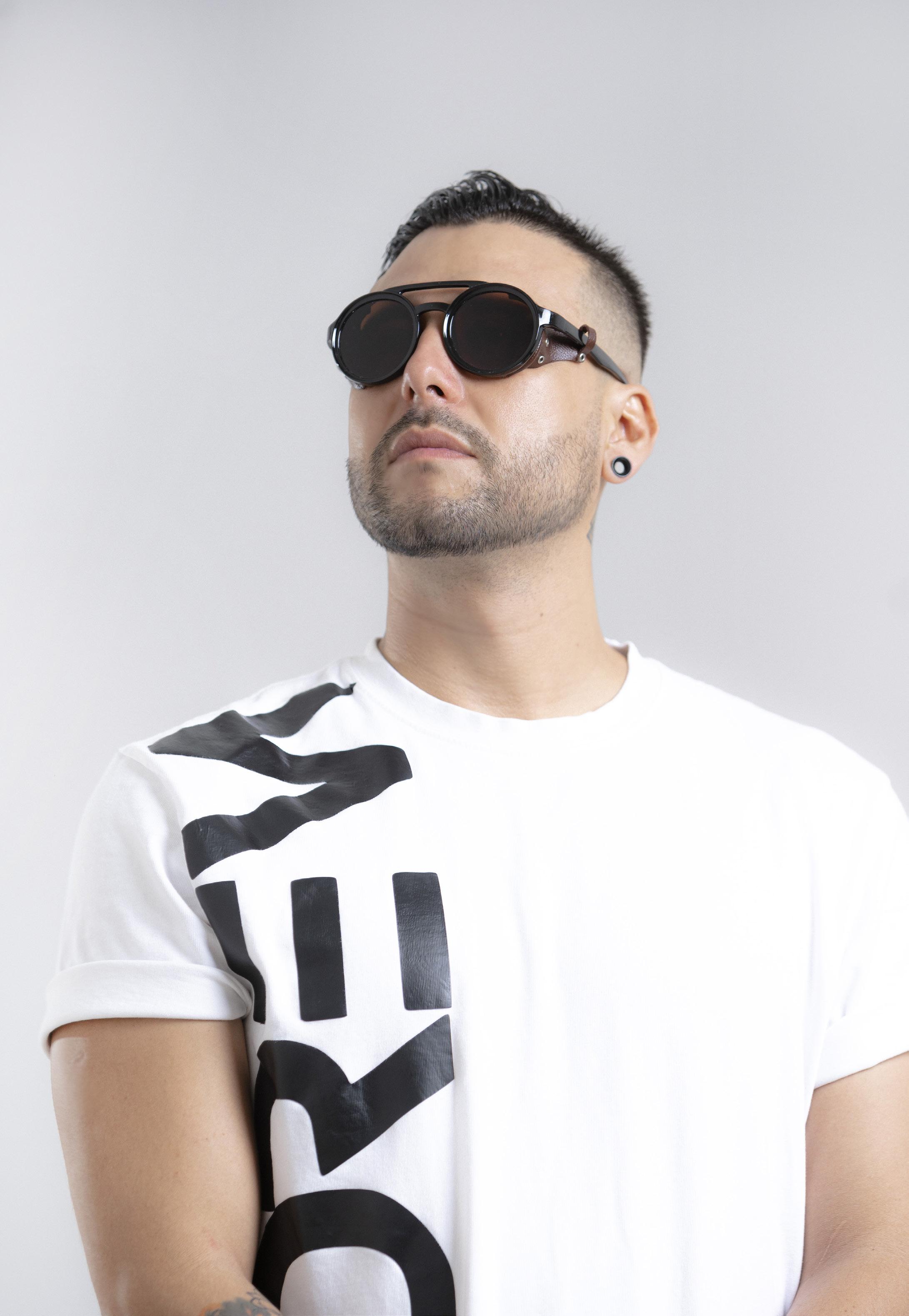
During this festival, the energy of the crowd was electrifying and the atmosphere was filled with excitement and anticipation. Jean Pierre, known for his ability to read the crowd and keep the dance floor buzzing, taught me a lot about the importance of connecting with the audience. Watching how he managed transitions between tracks and maintained a constant and high energy was inspiring.
One of the most valuable lessons I learned was the importance of reading the crowd and adapting my set accordingly. Jean Pierre demonstrated an exceptional ability to sense the crowd’s energy and adjust his music to keep everyone engaged and moving.
I learned to appreciate the importance of smooth and fluid transitions. Observing how Jean Pierre mixed different tracks without losing rhythm or energy motivated me to perfect my mixing skills.
Jean Pierre also interacted with the audience in a way that made everyone feel part of the show. This interaction not only keeps the
energy high but also creates a special connection with the audience.
The professionalism and preparation of high-level DJs taught me the importance of always being prepared and having a plan, but also being flexible enough to change it as needed.
Sharing the stage with renowned DJs inspired me to be more innovative and creative with my own sets. I realized that there is always room for experimentation and offering something unique to the audience. This experience not only strengthened my confidence as a DJ but also provided me with tools and knowledge that I continue to apply in my performances. It was a reminder that there is always something new to learn and that every performance is an opportunity to grow and improve.
Your ability to interact with the audience is highly regarded.
Do you have any special ritual or technique for connecting with the audience during your performances?

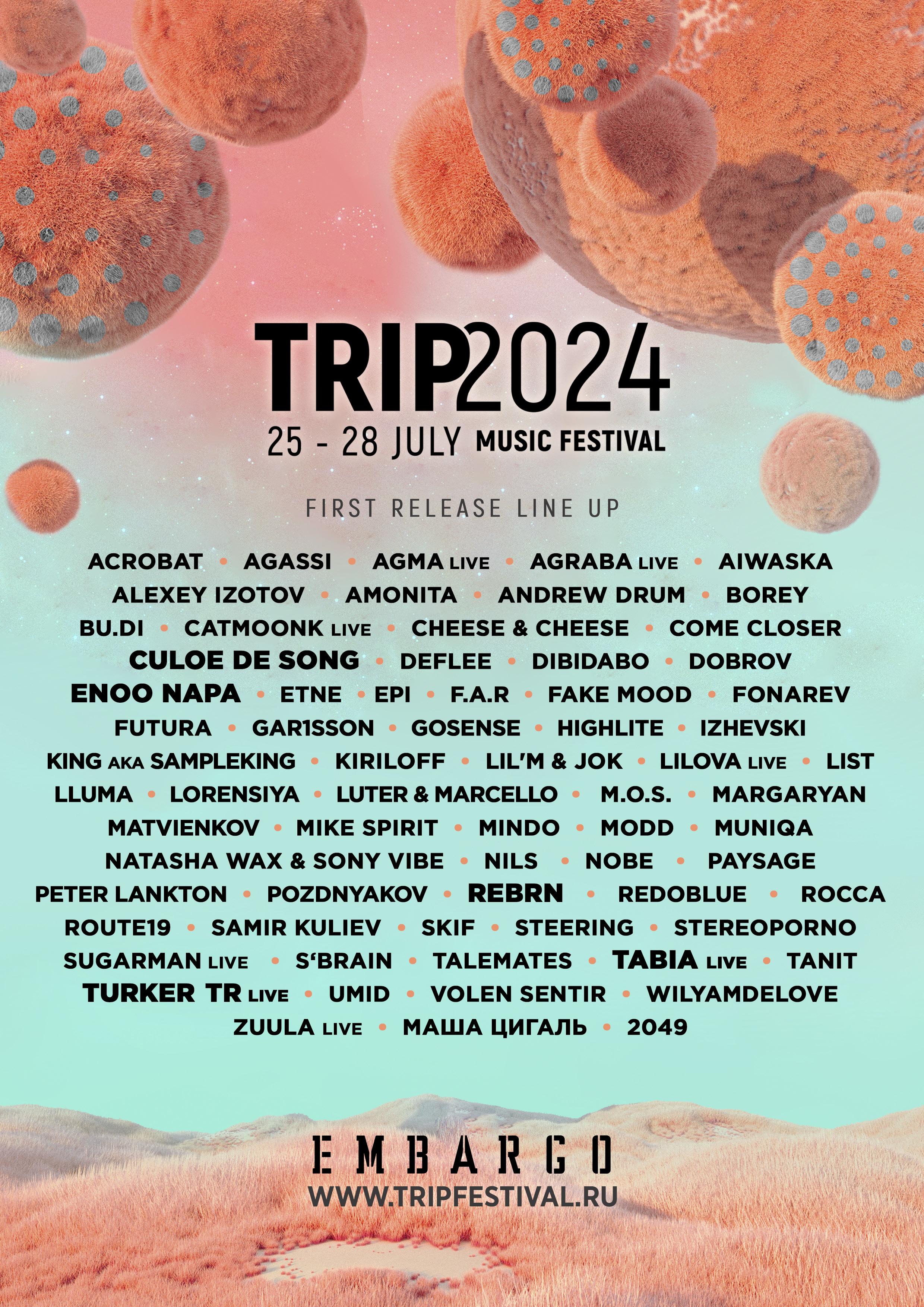
- Yes, interacting with the audience is an essential part of my performances, and I have developed some rituals and techniques that help me connect effectively with the audience:
I like to arrive early at the venue to feel the energy of the space and observe the audience before my set. This helps me understand the general mood and tailor my music selection accordingly.
Before each performance, I do a small warm-up ritual that includes breathing exercises and stretches. This helps me relax and focus, ensuring I am in the best mental and physical state to interact with the audience.
During my sets, I make a conscious effort to maintain eye contact with the audience. This creates a personal connection and makes them feel that I am playing for them, not just for myself.
I constantly observe the audience’s reactions and adapt my music selection in real-time. If I see a certain style or rhythm resonating well,
I lean into it. If I notice the energy dipping, I switch to something more energetic to revitalize the atmosphere.
Gestures and Movements: I use gestures and body movements to communicate with the audience. Raising my hands, pointing to the crowd, or even just moving to the beat of the music helps create an atmosphere of interaction and shared excitement.
Occasional Mic Use: Although I don’t overuse it, I occasionally use the microphone to address the audience, either to thank them for their energy or to encourage them to keep enjoying. This can be a great boost for connection and engagement.
I make sure to have a selection of tracks that I know are crowd favorites, as well as some surprises that can excite and surprise. The combination of familiarity and novelty keeps the audience engaged.
Moments of Pause and Climax: I play with moments of pause and climax in my sets to create
Sync Beat Magazine’s Billy Aldea-Martinez sat down with Finlay Johnson, AFEM’s Chief Operating Officer, to understand the organization’s mission and how it is helping to bring more professionalism into the industry.
In the ever-evolving landscape of the music industry, the Association for Electronic Music (AFEM) stands out as a beacon of collaboration and progress. Now in its 11th year, this independent, not-for-profit trade association has become a pivotal force in shaping the future of electronic music.
AFEM was co-founded by Kurosh Nasseri, a prominent entertainment lawyer specializing in EDM, and Ben Turner, a versatile music industry entrepreneur and artist manager, combining their extensive legal, management, and industry expertise to create a global trade body representing the interests of the electronic music ecosystem.
Finlay Johnson, who has been the COO since 2022, brings a wealth of industry experience to his leadership role.
With over 270 member organizations spanning 27 countries, AFEM represents a diverse crosssection of the industry, from veteran powerhouses to emerging talents. The association’s mission is clear: to connect and represent the common interests of those whose business is electronic music, while preserving the culture and ensuring a vibrant future for the ecosystem.
An Edinburgh native with a background in music industry management and a decade-long tenure as a music agent at WME, Johnson witnessed firsthand the industry’s need for collective support during the pandemic.
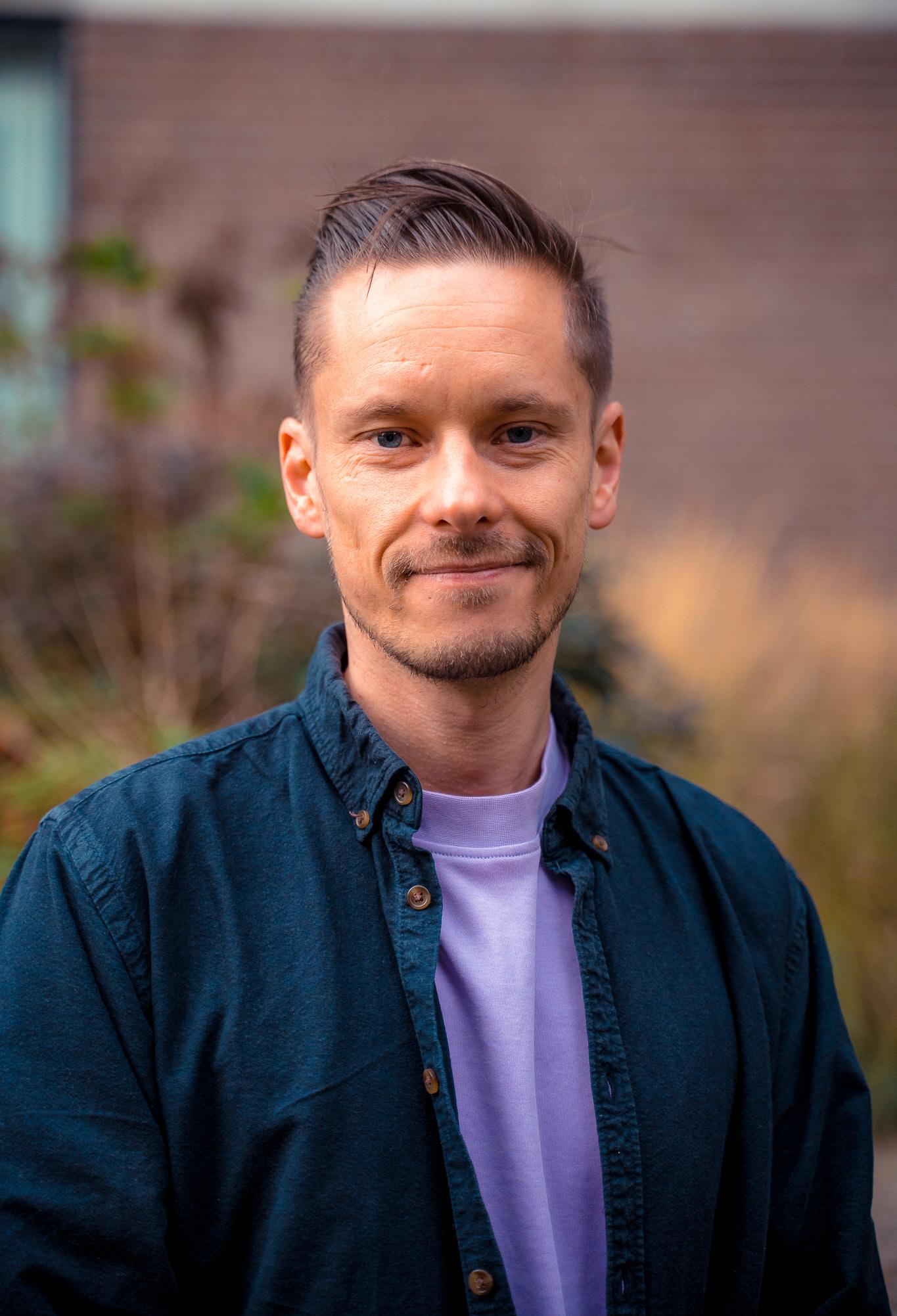
“I saw the role that AFEM played in bringing different sectors together for collaborative response and peer support,” Johnson explains. “I appreciated an organization existing for the greater good, supporting all levels of the industry in sharing information and resources.”
AFEM’s scope has expanded significantly since its inception. While initially focused on issues like inaccurate royalty statements and piracy, the association now tackles contemporary challenges such as diversity and inclusion, sustainability, and the impact of artificial intelligence on the industry.
Membership in AFEM offers numerous benefits, including access to private events, discounts to major industry conferences, and the opportunity to directly influence the association’s priorities. Johnson emphasizes that the value of membership extends beyond financial contributions: “Whether you pay nothing, tier one, or tier sixteen, everyone can contribute to our ecosystem.
Membership is about how much energy and time you contribute, not the size of your organization.”
AFEM maintains a strong presence at 20 to 25 industry conferences annually, including prestigious events like the International Music Summit, Berlin Dance Music Event, Brighton Music Conference and Amsterdam Dance Event. These gatherings provide valuable networking opportunities and a platform for members to share insights.
Looking ahead, AFEM is focusing on several key initiatives. The “Respect the Creators” campaign aims to raise awareness about proper attribution in viral posts, while the ongoing “Get Played, Get Paid” campaign encourages accurate reporting of music played in venues. The association is also formulating its position on AI’s role in the industry.

As electronic music continues to evolve in the digital age, AFEM remains committed to fostering a global, inclusive community. “We welcome input from the global majority,” Johnson states, “as more diverse voices lead to a more rounded approach.”
For those interested in joining or learning more about AFEM’s work, the association maintains an active presence on LinkedIn and Instagram, produces informative podcasts, and welcomes direct inquiries via email.
In an industry known for its rapid pace and technological innovation, the Association for Electronic Music stands as a unifying force, ensuring that the beat goes on for electronic music professionals worldwide.
Readers of SyncBeat Magazine are encouraged to visit their website for information and consider becoming members as a way to help the industry evolve.

Tilted Records, a prominent US West Coast house label founded by Jon Lee and Brent Laurence in Seattle, Washington, has released a new four-track EP. With over 100 releases featuring artists like Wesley Holmes, DJ Ali, Miguel Migs, Marques Wyatt, Julius Papp, Jay J, and Jon Lee.
Recently signed to Tilted Records is Hector J Rodriguez, a Seattle-based DJ, producer, engineer, and founder of Underscore Recordings. Known for his dedication to showcasing the multidimensional nature of house music, Rodriguez creates memorable music and dance floor moments.
Born in New York City, he was heavily influenced by a diverse range of music including salsa, merengue, bachata, hip hop, freestyle, disco, and house.
The EP features two main tracks, “La Selva” and “Madre,” each accompanied by remixes from talented artists around the globe:
1. La Selva (Original Mix): A Latin-influenced house piece, perfect for warming up the crowd.
2. La Selva (Remix by Monotropa):
A deep house remix from Monotropa of Boulder, Colorado, seamlessly transitioning into a chill-out mood.
3. Madre (Original Mix): A track with strong Afro house influences and subtle Latin sounds, offering a vibrant auditory experience.


4. Madre (Remix by SamSilva, Nick Bennett, and WILHVLM): Remixes by SamSilva of Chile, Nick Bennett of Seville, Spain, and WILHVLM of Amsterdam, Netherlands, bringing an up-tempo tech house feel while retaining the original Latin vibes.
Each track on this EP blends elements of Latin, tech house, and deep house, creating a diverse and engaging listening experience. The remixes introduce Afro soundscapes, enhancing the original compositions with fresh, dynamic beats.
Don’t miss this exciting new release out as of May 31, 2024 from Tilted Records, showcasing the multidimensional nature of house music and the vibrant creativity of Hector J Rodriguez and the talented remix artists.


In a revealing interview, Christopher T met with Sync Beat’s Billy Aldea-Martinez and shared insights about his career in the music industry, reflecting on his beginnings, milestones, challenges, and aspirations. Here, we delve into his journey, the evolution of his work, and his vision for the future.
- Christopher T, a San Francisco Bay Area native, began his musical journey in third grade by collecting records, including Parliament Funkadelic and Chuck Berry. His passion for music expanded as he was introduced to the Grateful Dead and Jefferson Starship through his father’s friend. By seventh or eighth grade, Christopher was experimenting with mixing, using a Radio Shack mixer, two belt-driven turntables, and a stolen record player from his sister.
- Christopher’s professional DJ career took off in the mid-1980s. He reminisces about playing underground parties in San Francisco and later, legitimate gigs. By 1991, Christopher had firmly established himself as a DJ. However, it was his interest in production that marked a significant turning point. Starting with software like Reason and Cubase in the early 2000s, he honed his production skills, albeit finding DJing an easier path initially.
- Christopher’s transition from DJ to producer was driven by the realization that to elevate his career, he needed to create original music. Despite initial resistance, he embraced production, acknowledging that not all DJs make good producers and vice versa. His early production work involved gigs in Thailand and Japan, and notable performan-

ces in San Francisco’s iconic venues like 1015 Folsom and Ruby Skye.
- In pursuit of artistic freedom, Christopher founded his own record label, Lovely Drops. Inspired by Bay Area rappers who self-released their music, he utilized the digital age to distribute his work more efficiently. His label not only facilitated his own releases but also became a platform for other artists.
- Christopher T’s musical style is eclectic, encompassing tech house, jacking house, and soulful house. His productions often blur genre lines, resulting in tracks that span house, chill-out, tech house, and electronica. His versatility is evident in his approach to creating music, which starts with an idea that evolves through collaboration with vocalists and musicians.
ses
- One of Christopher’s memorable collaborations was with Mister V on the track “Perfect Plan.” This collaboration began serendipitously through a Twitter interaction and culminated in a well-received track. His ability to produce chart-topping music is reflected in several accolades, including a number one spot in the US for electronic dance music with “Time and Space” and another number one in Bermuda for “Funkin’ For Jamaica.”
- The COVID-19 pandemic posed significant challenges for Christopher, as live performances halted, affecting his income. He reverted to working full-time in software while continuing to produce music. Despite the difficulties, he managed to release tracks like “Time and Space” and “Scenic Route” during the pandemic.
Looking ahead, Christopher aims to return to full-time music, focusing on live performances, festivals, and collaborations. He envisions Lovely
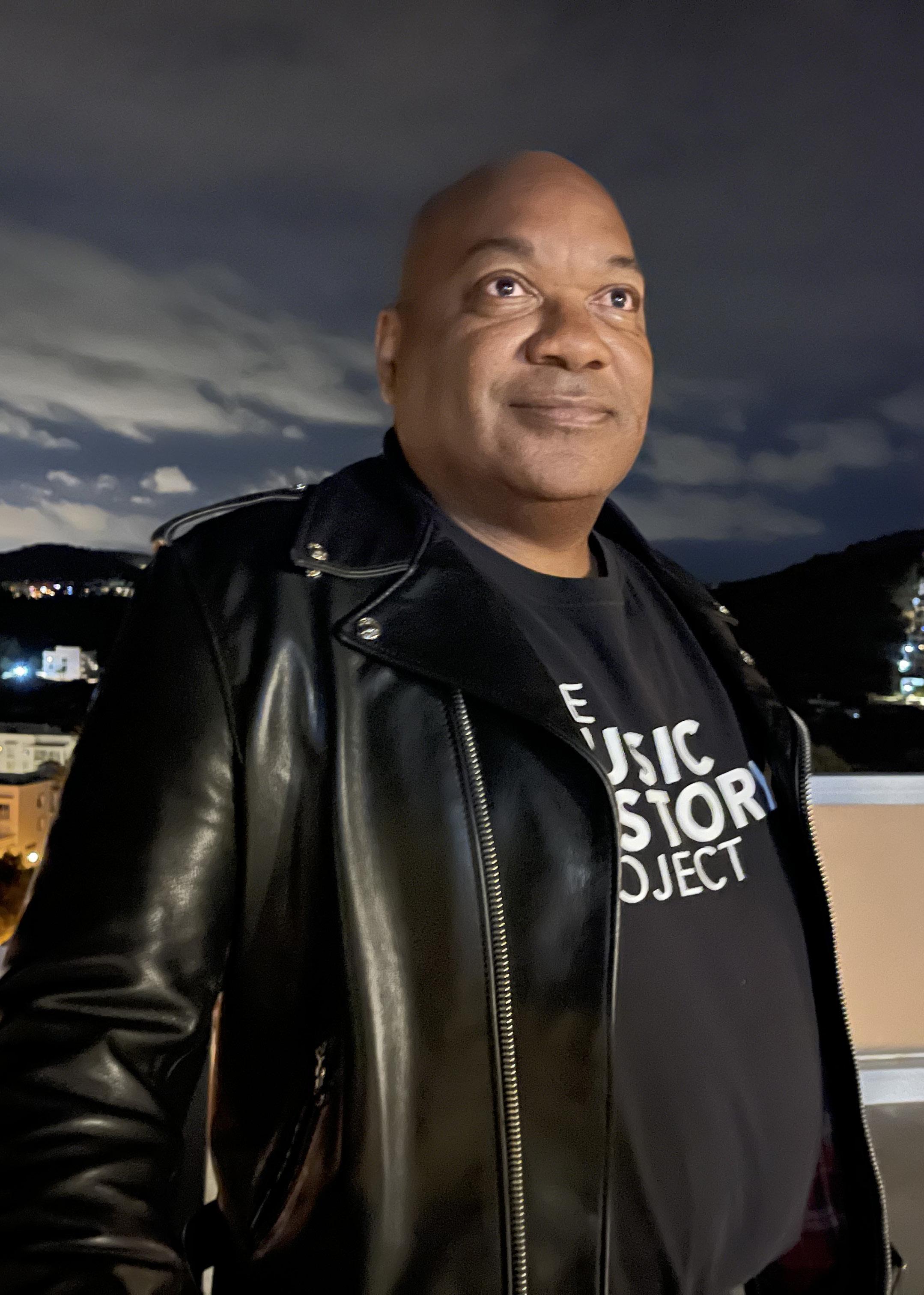
Drops growing as a label that helps artists chart on platforms like Beatport and Traxsource.
Christopher T’s journey through the music industry is a testament to passion, resilience, and adaptability. From collecting records as a child to becoming a renowned DJ and producer, his story is one of continuous evolution and dedication to his craft. As he looks to the future, Christopher remains committed to making music that resonates with audiences and contributes to the vibrant tapestry of the music industry.
Fans and aspiring artists can follow Christopher T’s work and updates through his official social media channels and his record label, Lovely Drops. His journey serves as an inspiration, highlighting that with perseverance and creativity, one can navigate the ever-changing landscape of the music industry.
Christopher T’s latest release, “The Perfect Plan” transforms the 2018 Tech House release into a Soulful House track. The bassline and guitar riff add a swinging groove that compels movement, enhanced by hypnotic drums and synth. “The Perfect Plan” highlights the instinctual connection between music and dance, effortlessly guiding movements and emotions. It will be released on August 8, 2024, on Beatport.com and all digital platforms.



